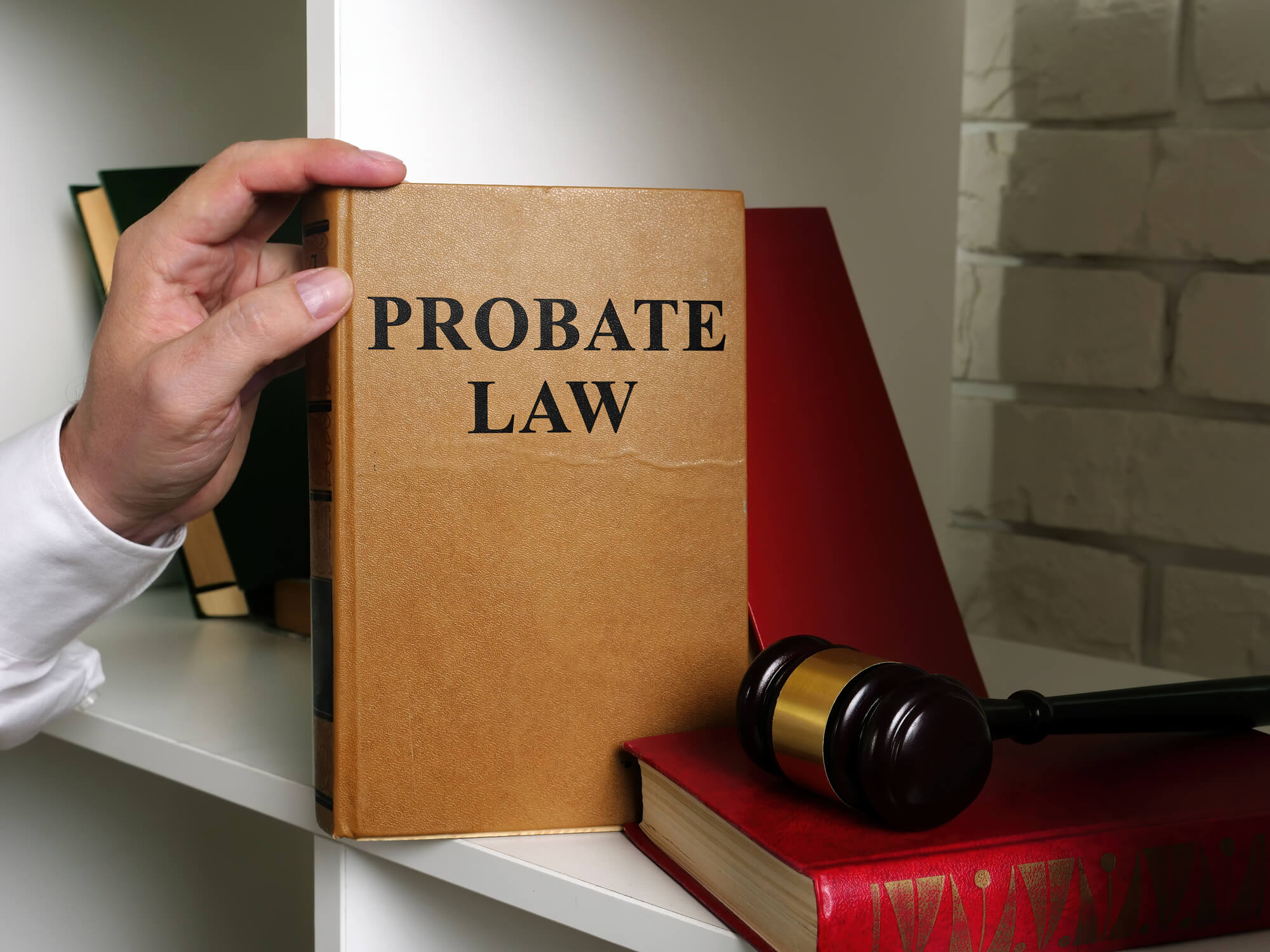Handling the death of a loved one can be tough and emotionally challenging, especially considering the legal and other responsibilities that will fall on the executor of the estate. One common concern that arises in this situation is whether or not probate is necessary when selling the deceased’s property. The short answer is that it depends on many factors, which we will discuss in the article below.

When do you need probate to sell a house?
Understanding when probate is necessary to sell a house is important for executors tasked with the responsibility of managing a deceased person’s estate. Here are some circumstances where probate is necessary:
1. In the absence of a will

If the deceased did not leave a will specifying how they want their assets distributed, probate is required to ensure these assets are passed on to their family and loved ones. But in this case, the relevant probate laws will determine the distribution of the estate through a letter of administration. In the absence of a will, probate is required to establish who has authority over the deceased’s assets and facilitate the proper transfer of these assets to the beneficiaries.
2. Individually owned properties
Suppose the deceased was the sole owner of the house in question, with no joint ownership or living trust; probate would be required to pass it to the right beneficiaries. Like in the previous case, probate acts as a legal mechanism that determines who is entitled to what.
3. Complex inheritance situations
Sometimes, the deceased may have another family or children outside their known family, resulting in the issue of inheritance becoming complex. Probate may be necessary to resolve any disputes that may arise and ensure there is an equitable distribution of the assets.
4. Estate value
Depending on the jurisdiction, probate may be required where the estate’s value exceeds a certain amount. The amount in question may vary depending on the local probate laws and regulations. In the UK, probate is required where the estate is worth £5000 or more.
When is probate not needed to sell a house?

Here are a few exceptions to the probate requirement, which allow for property sales without going through the strict process.
1. Where the house was jointly owned
If the house in question was jointly owned, with rights of survivorship applicable, executors can bypass probate. This is because the house automatically passes to the surviving owner(s) upon the deceased’s death.
2. Where there is a living trust
Generally, property held within a living trust can be sold without probate. A living trust acts as a legal entity that holds assets during its creator’s lifetime and dictates how those assets will be distributed upon death. By transferring property ownership to a trust, the deceased makes it easy for their executor(s) to bypass probate.
Whether or not a house can be sold without probate depends on many conditions, like whether there was a will and the relevant state laws. The only circumstances where it is possible to sell a house without probate are if there is a living trust or if the house was jointly owned. Otherwise, you need to apply for a grant of probate. If you have a property and are unsure whether probate is necessary, you may need to consult a probate lawyer to assess your options.











